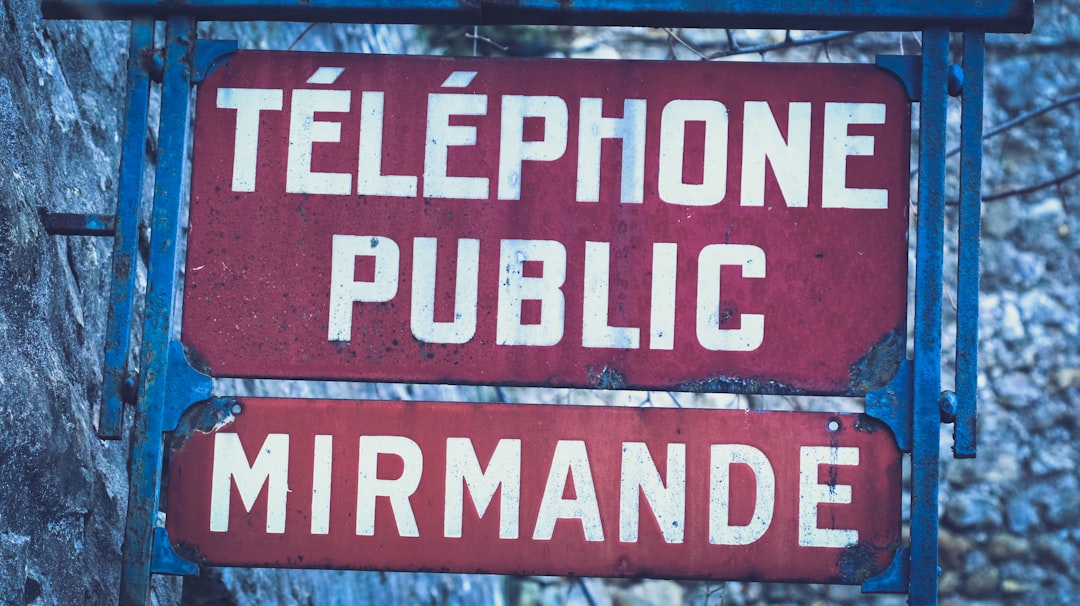In Iowa, robocalls and spam calls are regulated by state and federal laws, notably the Telephone Consumer Protection Act (TCPA). Residents can take legal action against violators by filing complaints with regulatory bodies or through private litigation with specialized spam call law firms/lawyers. These professionals assist in pursuing compensation for unauthorized automated calls, including treble damages under TCPA provisions. With proposed updates to robocall legislation, Iowans have more options to stop and sue for unwanted spam calls, offering potential financial recourse.
“Unwanted robocalls are a pervasive issue in modern communication, and Iowa is no exception. This article delves into the future of robocall legislation in the state, offering a comprehensive overview of current laws, rights, and potential changes. With a focus on ‘Can I Sue for Robocalls in Iowa?’ we explore the options available to residents through TCPA compliance and legal actions against spam call providers. For those seeking guidance from a spam call law firm or lawyers specializing in Iowa’s spam call laws, this is an essential read.”
Understanding Robocall Legislation in Iowa: A Comprehensive Overview

In Iowa, robocall legislation is governed by state and federal laws, primarily the Telephone Consumer Protection Act (TCPA). This law restricts automated or prerecorded calls to cell phones and landlines, aiming to curb nuisance and deceptive practices. Understanding these regulations is crucial for consumers who want to know their rights regarding unwanted phone calls. If you receive spam calls in Iowa, you may have legal recourse; the TCPA allows individuals to sue for damages if they’ve been affected by unauthorized automated calls.
Iowa’s approach to robocall legislation mirrors that of many states, with a focus on empowering consumers and holding businesses accountable. Several key provisions under the TCPA enable individuals to file lawsuits against violators, often seeking monetary compensation for each violation. This includes cases where spam call law firms or individual callers disregard do-not-call requests or make calls without express consent. The process involves contacting a qualified spam call lawyer who specializes in TCPA cases, as these attorneys can guide you through the legal framework and help determine if pursuing legal action is the right course of action.
The Current Landscape: Iowa's Approach to Spam Calls and TCPA Compliance

In Iowa, the current landscape regarding robocalls and spam calls is governed by the Telephone Consumer Protection Act (TCPA). This federal law aims to curb unsolicited telemarketing calls and provides consumers with powerful legal protections. Iowa residents have the right to sue for damages if they receive robocalls or spam calls in violation of the TCPA. Several state laws also complement these federal provisions, enhancing protection against intrusive phone marketing practices.
Iowa’s approach to enforcing these laws involves both regulatory bodies and private litigation. Consumers who believe they’ve been wronged by unwanted robocalls can file a complaint with the Federal Trade Commission (FTC) or take legal action against the offending companies through a spam call law firm or spam call lawyers in Iowa. Many residents opt to seek compensation for each violative call, including treble damages, under TCPA provisions, assisted by dedicated lawyers for TCPA in Iowa who specialize in these matters.
Your Rights: Can You Sue for Robocalls in Iowa?

If you’re receiving unwanted robocalls in Iowa, you might be wondering if you have any recourse. The good news is that there are legal protections in place to help stop spam calls, and yes, you can even sue for robocalls in Iowa. According to the Telephone Consumer Protection Act (TCPA), it’s illegal for companies to make automated phone calls to individuals without their prior consent. If you’ve been harassed by persistent robocalls, a spam call law firm or spam call lawyers in Iowa can help.
In many cases, people who have suffered through excessive spam calls have taken legal action and successfully sued under the TCPA. These lawsuits not only stop the calls but also result in monetary compensation for the victims. If you believe your rights have been violated, it’s advisable to contact a qualified lawyer for TCPA in Iowa who can guide you on the best course of action, including whether filing a lawsuit against the offenders is the right choice for your situation.
Navigating Legal Actions Against Robocallers: What to Expect

Navigating Legal Actions Against Robocallers in Iowa
If you’ve received unwanted robocalls in Iowa, you might wonder about your legal options. In Iowa, robocalls are regulated by the Telemarketing and Consumer Protection Act (TCPA), which also provides consumers with the right to take action against violators. If a robocaller has been harassing or misleading you, you may consider seeking legal advice from a Spam Call law firm or lawyer specializing in TCPA cases in Iowa. These professionals can guide you on whether you have a valid claim and help you understand what to expect during the legal process.
When considering whether to sue for robocalls in Iowa, it’s important to gather evidence such as call logs, recordings of the calls, and any communication with the caller. A Spam Call law firm in Iowa can assist in evaluating your case, negotiating with the violator, or representing you in court if necessary. Many firms offer free consultations, so don’t hesitate to reach out to determine your rights and available remedies under the state’s spam call laws.
Future Prospects: Potential Changes and Enhancements in Robocall Legislation

The future of robocall legislation in Iowa looks set to undergo significant changes and enhancements, especially as consumer frustration with unwanted spam calls continues to grow. In response, both state and federal laws may be updated to better protect residents from intrusive automated telephone marketing. One notable development could be stricter penalties for violators, potentially increasing the cost of non-compliance for businesses engaging in excessive or misleading robocalls.
Additionally, there might be a push to expand the scope of existing laws, such as the Telephone Consumer Protection Act (TCPA), to close loopholes exploited by clever robocallers. This could include clarifications on when consent is required and how to opt-out of calls effectively. As a result, individuals in Iowa who feel they’ve been wrongfully targeted by robocalls may have even more recourse, with improved legal protections and the potential for increased financial compensation through lawsuits against spam call law firms and their clients.






